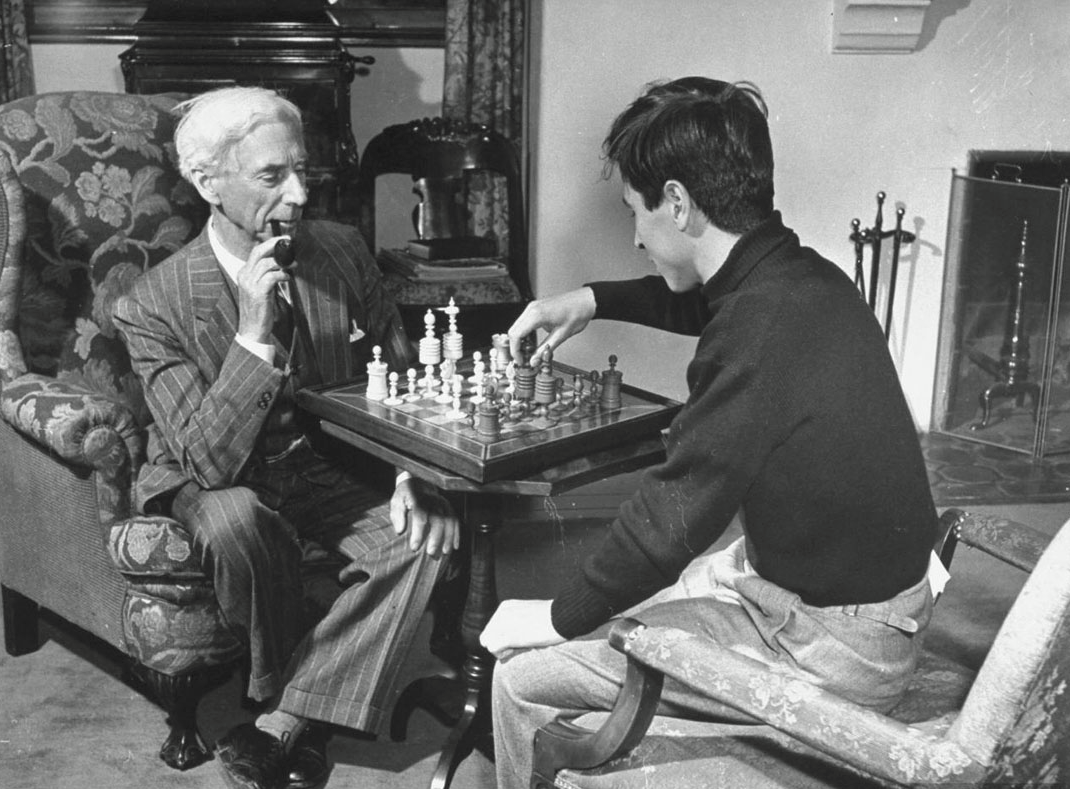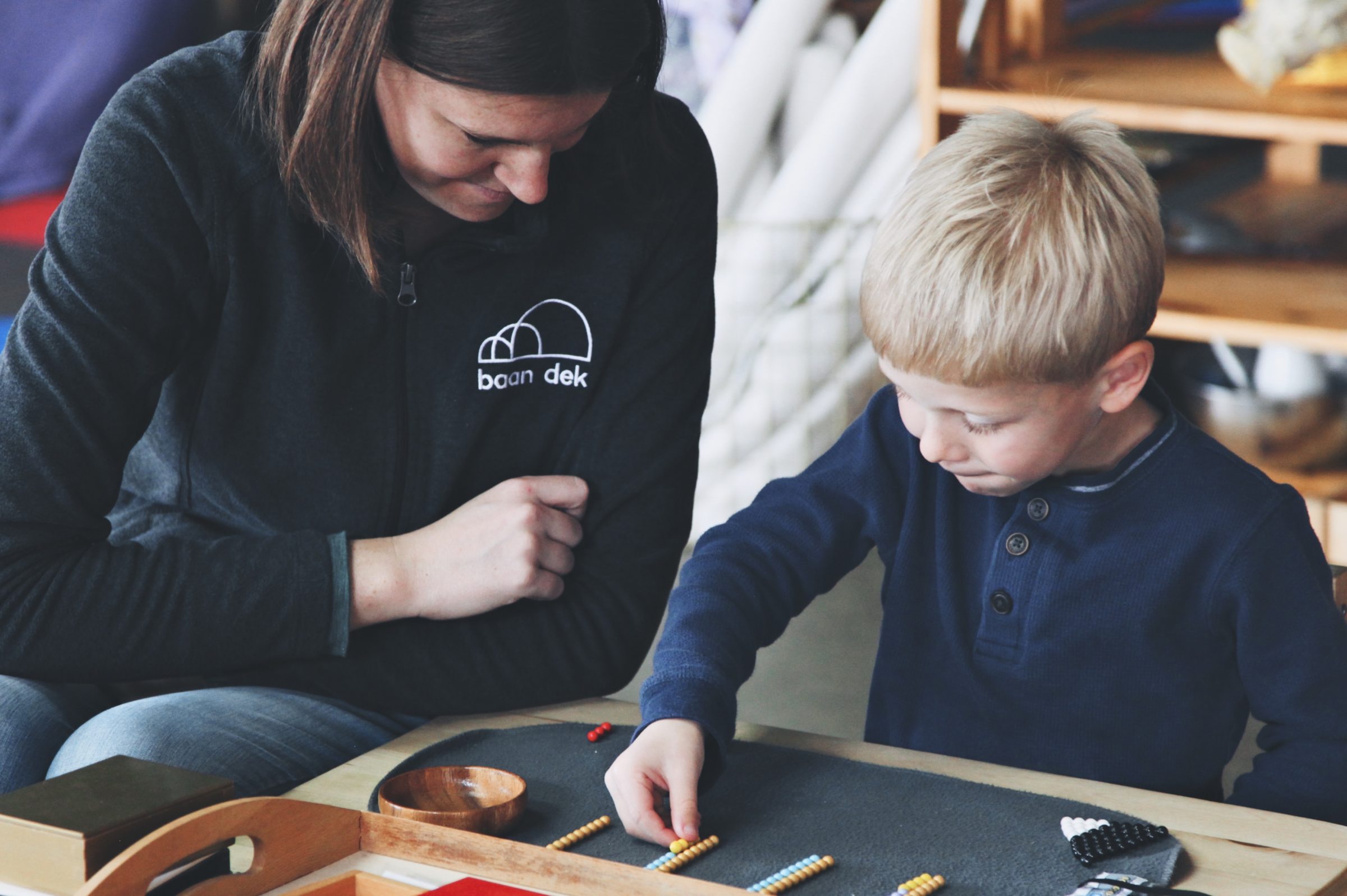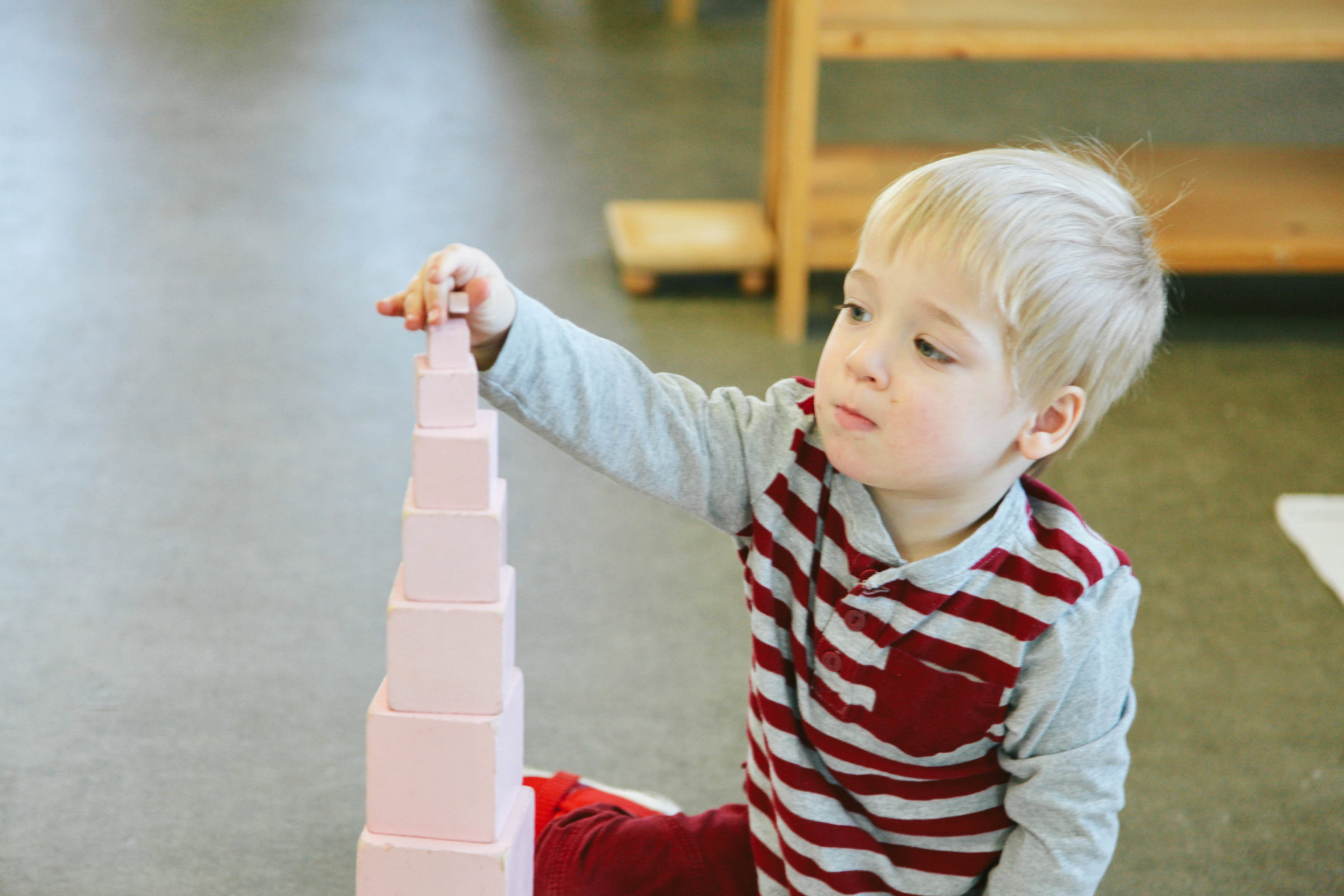Montessori and Discipline
Thoughts & Reflections
The famous British philosopher Bertrand Russell describes the Montessori approach to discipline, in his book “On Education”.
Here’s Russell, in 1926:
“I had always understood that Madame Montessori dispensed with discipline, and I had wondered how she managed a roomful of children. On reading her own account of her methods, I found that discipline still held an important place, and that there was no attempt to dispense with it.”
Indeed, Russell articulates discipline as the other side of freedom, and identifies an important element to the Montessori equation: freedom and discipline are two sides of the same coin.
He continues, “On sending my little boy of three to spend his mornings in a Montessori school, I found that he quickly became a more disciplined human being, and that he cheerfully acquiesced in the rules of the school. But he had no feeling whatever of external compulsion: the rules were like the rules of a game, and were obeyed as a means of enjoyment.”
“The old idea was that children could not possible wish to learn, and could only be compelled to learn by terror. It has been found that this was entirely due to lack of skill in pedagogy. By dividing what has to be learnt – for instance, reading and writing – into suitable stages, every stage can be made agreeable to the average child. And when children are doing what they like, there is, of course, no reason for external discipline.”
“ In characteristic fashion, Russell offers a straightforward, accurate and concise summation of the basic Montessori classroom requirements. ”
“A few simple rules – no child must interfere with another child, no child must have more than one sort of apparatus at a time – are easily apprehended, and felt to be reasonable, so that there is no difficulty in getting them observed.”
As a result of these social edicts, as opposed to teacher directed rules, Russell observed that, “the child thus acquires self-discipline, which consists partly of good habits, partly of the realisation, in concrete instances, that it is sometimes worth while to resist an impulse for the sake of some ultimate gain.”
Identifying the “democratic” origins of the Montessori form of education, from its inception in the “nursery schools in slums”, Russell notes:
“Everybody has always known that it is easy to obtain this self-discipline in games, but no one had supposed that the acquisition of knowledge could be made sufficiently interesting to bring the same motives into operation.”
In a tribute to Montessori, he states, “We now know that this is possible, and it will come to be done, not only in the education of infants, but at all stages. I do not pretend that it is easy.” Russell concludes with an encapsulation and a compliment.
“The fundamental idea is simple: that the right discipline consists, not in external compulsion, but in habits of mind which lead spontaneously to desirable rather than undesirable activities. What is astonishing is the great success in finding technical methods of embodying this idea in education. For this, Madame Montessori deserves the highest praise.”
Montessori and Discipline.
Written by:
Baan Dek



